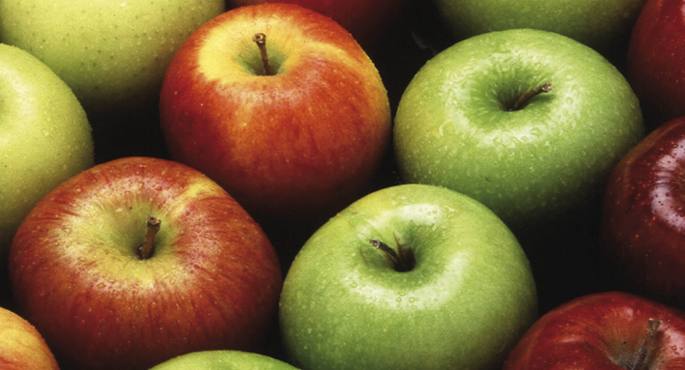Cooling water

A horticulturist has just asked me. Is it important to step on the ground when we sow seeds? The answer was yes, he noticed... The relationship between plants and water is enormous. They need it from birth. The seed will not produce plants immediately without water.
The seed is a terrible invention for the creation of the plant. In short, the seed is an eye or germ wrapped in a bark, often made up of energy reserves. The germ and energy sleep and, to germinate or cool and start producing the plant, you need to drink water. Therefore, the moment of the creation of the plants is associated, in most cases, with the possibility of taking water. That is why the ground around the seed is crushed. If the earth is strongly attached to the surface of the seed, it can absorb water from the earth. If the earth prides itself on the seed, it will be harder to absorb it.
If the seed takes the water down the surface, it needs water by hand. And the skin soon. The hard, weak, thin, thick skins we find in the seeds. Plants attract fruits or seeds for the animals, so that after eating they can carry out expansion and sowing tasks; after some of these animals eat, most of them birds, and after passing through their digestive tract, the seed will have the skin scraped, in conditions of water intake. For the same purpose, we sometimes scratch the skin to facilitate water intake. The energy found in the interior when receiving the water wakes up and moves, while increasing the seed and cracking the skin so that the germ can cool and come out easily. The germ will give a root and its job will be to find water. In this water, it will bring the food needed for plant growth, which will feed the chimillo or the plumule that will spread after the root with the gypsum puja.
Aware of the need for water, going back to the initial question, it is important to step on the land surrounding the seeds when planting them. Other times, the seeds are kept stuck in the water or on a saturated paper or fabric before being sown in the soil, so that the moisture starts to penetrate and cool. And then to the ground, because water is not enough ...
When we talk about vinification, the Basques have in their heads a yoke of three: apple (Malus x domestica), grape (Vitis vinifera) and barley (Hordeum vulgare). In the Atlantic spill we generate cider and txakoli and beer to make wines and beers. Drinkers and wines to... [+]









